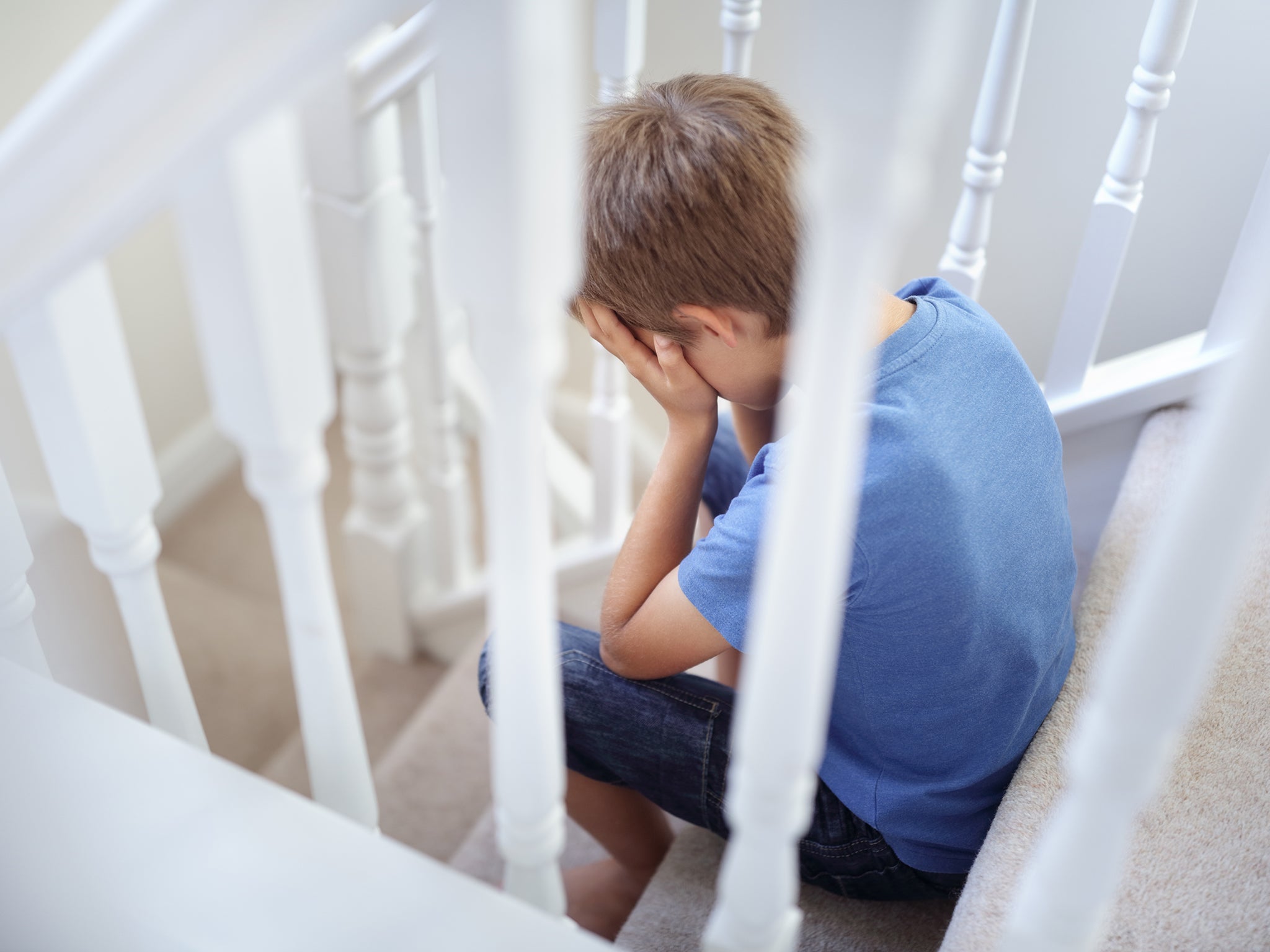Child 'drank bleach after being denied help' as mental health services see spending cut across England
Children's commissioner highlights young girl who 'tried to take her own life by drinking bleach' after raising concerns in school to highlight harms from lack of early intervention

Your support helps us to tell the story
From reproductive rights to climate change to Big Tech, The Independent is on the ground when the story is developing. Whether it's investigating the financials of Elon Musk's pro-Trump PAC or producing our latest documentary, 'The A Word', which shines a light on the American women fighting for reproductive rights, we know how important it is to parse out the facts from the messaging.
At such a critical moment in US history, we need reporters on the ground. Your donation allows us to keep sending journalists to speak to both sides of the story.
The Independent is trusted by Americans across the entire political spectrum. And unlike many other quality news outlets, we choose not to lock Americans out of our reporting and analysis with paywalls. We believe quality journalism should be available to everyone, paid for by those who can afford it.
Your support makes all the difference.Spending on early intervention services for children’s mental health has been cut in more than a third of areas in England at a time when depression, eating disorders and self-harm among children are soaring, the Children's Commissioner has said.
One in eight children in England have a mental health disorder, according to the NHS, which warned last year that decades of underfunding to vital support services is putting young people's lives at risk.
An investigation by the Children’s Commissioner found preventative schemes like school counsellors, drop-in centres and online counselling, designed to intervene before mental health issues become severely debilitating or even life-threatening, are now inaccessible.
One case detailed a girl who tried to “take her own life by drinking bleach” after repeatedly trying and failing to get help.
One quarter of 11-to-16-year-olds with a mental health disorder have self-harmed or attempted suicide, which rises to as high as 46 per cent among teenage girls with a disorder, the most recent figures show.
“There is a danger that we continue to have a system that fails to help children until they are so unwell that they need specialist intervention,” Children’s Commissioner Anne Longfield said.
“Many of the children I speak to want to avoid highly clinical services. They want help that is easily accessible, with minimum upheaval, procedure and stigma.”
The review, which is the first of its kind, found £226m was allocated to schemes in 2018/19, just over £14 per child – and while overall real-terms spending rose 17 per cent in two years, it concluded this was driven by investment in a handful of areas which may mask cuts elsewhere.
In London, local authorities spent per child was £17.88, compared with just £5.32 in the East of England.
Despite government claims to be tackling mental health inequalities, three-quarters of young people referred to child and adolescent mental health services said their condition had deteriorated by the time they were finally seen.
This highlights the pressing need for early intervention services which can signpost children to support and fast track those who are most at risk, experts said.
“While extra money for specialist NHS services is of course welcome, it’s better for everyone if young people can get help before their needs escalate or they hit crisis point,” said Emma Thomas, chief executive of YoungMinds.
She added that the Children’s Commissioner’s findings on variable and falling funding were “deeply concerning”.
Budgets fell most in council-run services, which have faced cuts as a result of government austerity drives, even as it is investing in NHS mental health services.
Labour’s shadow mental health minister Barbara Keeley said the Tories’ “robbing-Peter-to-pay-Paul” approach was resulting in more children ending up in crisis.
A Department of Health and Social Care spokesperson said an additional £2.3bn a year for mental health by 2023 will mean 70,000 more children a year will be able to access specialist mental health support.
“Early intervention is vital key and we’re going further, piloting a four-week waiting time standard for treatment, training a brand new dedicated mental health workforce for schools across the country, and teaching pupils what good mental and physical health looks like,” they added.
Join our commenting forum
Join thought-provoking conversations, follow other Independent readers and see their replies
Comments